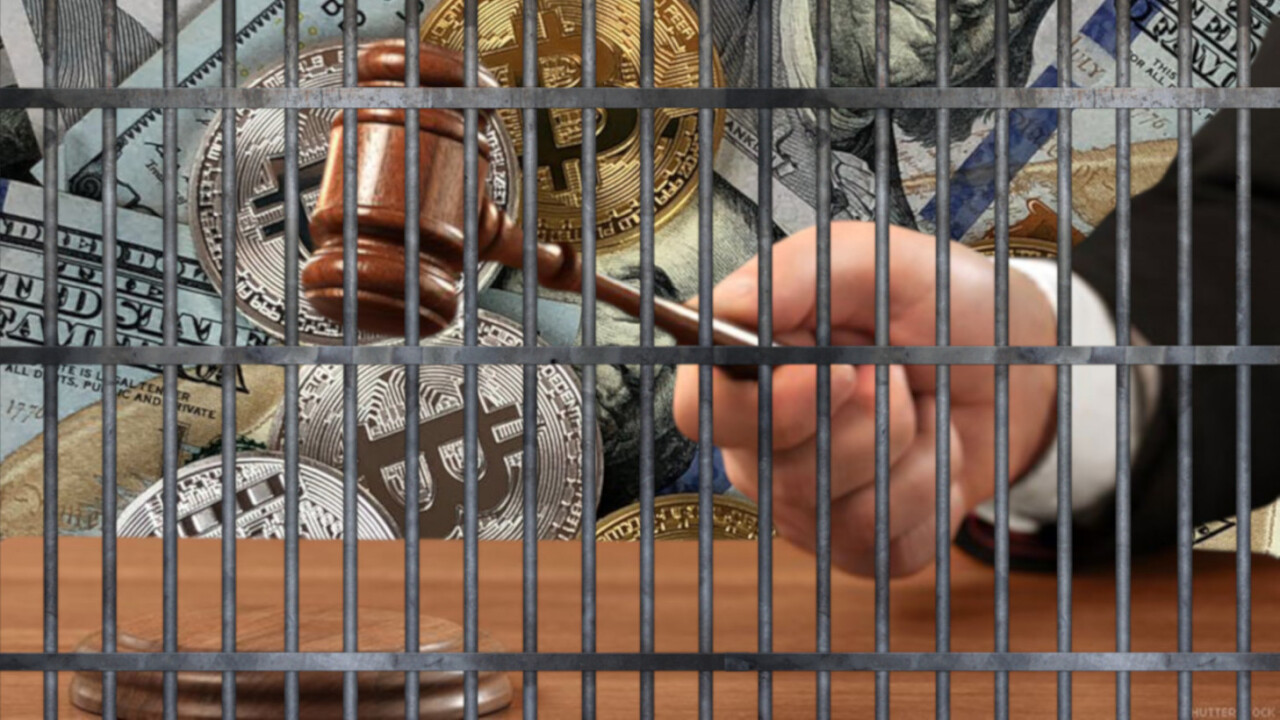
Earlier this month Serbian cyber criminal, Martin Marisch, received an order to make his bail payment in “Bitcoin or any other cryptocurrency.” However, in a recent turn of events, the courts have had to backpedal, and have denied Marisch the opportunity to front his bail in cryptocurrency.
After being found guilty of hacking internal computer systems at Electronic Arts, which saw him gain access to over 25,000 customer records and steal in-game items which totaled over $320,000 in value, Marisch was ordered to pay bail to the value of $750,000 in cryptocurrency.
However, as the courts tried to process the payment, they began to hit a number of hurdles and have decided to call it quits on trying to accept cryptocurrency as payment for bail, Market Watch reports.
It turns out that transferring a cryptocurrency payment to the courts is not as simple as it sounds.
For one, the courts were not prepared to receive the payment in cryptocurrency, and so had to set up an appropriate wallet in order to receive the funds. In itself this led to numerous disagreements over the structure of the process.
It was perhaps very short-sighted for a judge to order a bail payment where there is no precedent or process in place for handling such assets.
Even if the wallet had been appropriately setup, the FBI stated they would be unable to receive the funds due to “liability issues.” These issues include holding such a vast sum of cryptocurrency that could fluctuate dramatically in value, making the bail payment too volatile to hold as a bond.
As a solution to these issues, the court backpedaled on their initial order of paying the bail payment entirely in cryptocurrency and demanded that Marisch convert his tokens into $750,000 fiat.
Only, this created more headaches for the legal system. Marisch holds various lesser-known cryptocurrencies that are not traded on the same level as the likes of Bitcoin or Ethereum; liquidating $750,000 worth into cash could have caused dramatic and adverse effects on the market (the cryptocurrency that Marisch holds has not been disclosed).
As such, Marisch has been demanded to convert just $200,000 of his tokens into fiat in order to pay EA for restitution and court costs.
The courts continue to have a turbulent time when it comes to cryptocurrency – even putting aside its use in illegal online sales of drugs and weapons. Previously, courts have not been able to sell cryptocurrencies through exchanges; rather they have to send them to auction, as with any other seized assets, like cars, or real estate.
It would appear then that the courts still don’t have the structures in place to action their demands.
It all sounded a bit too good to be true. Sadly though, until cryptocurrencies stabilize and grow more popular it looks like we won’t be able to pay our bail with tokens any time soon. At least the courts are trying to keep up with the times.
Not that we need to here – we’re good, honest cryptocurrency people.
Get the TNW newsletter
Get the most important tech news in your inbox each week.




